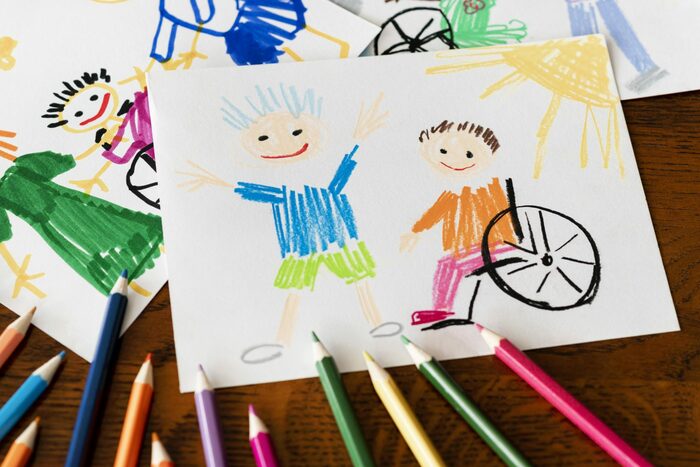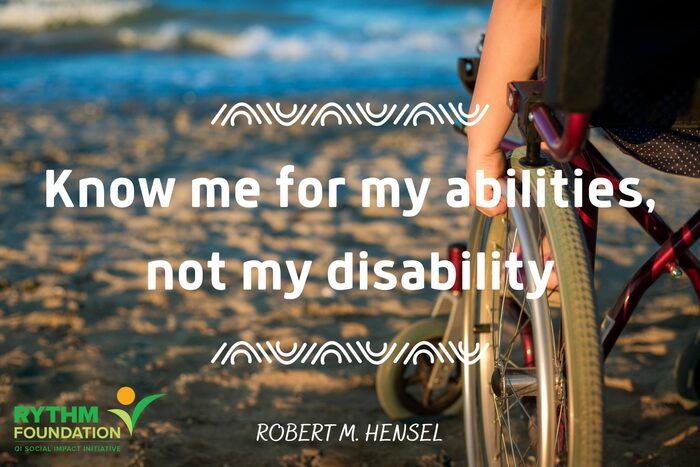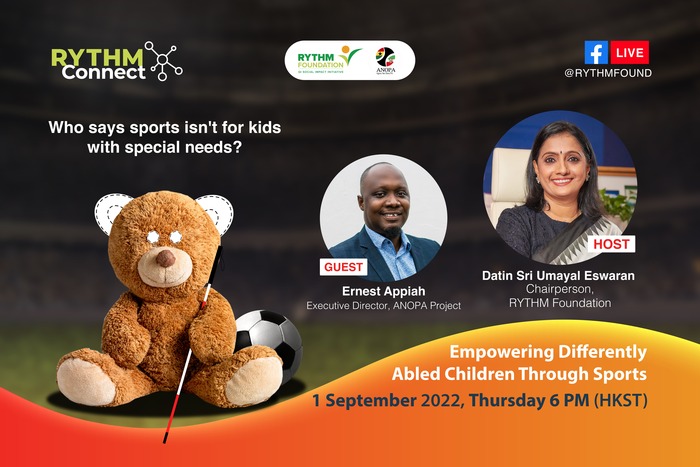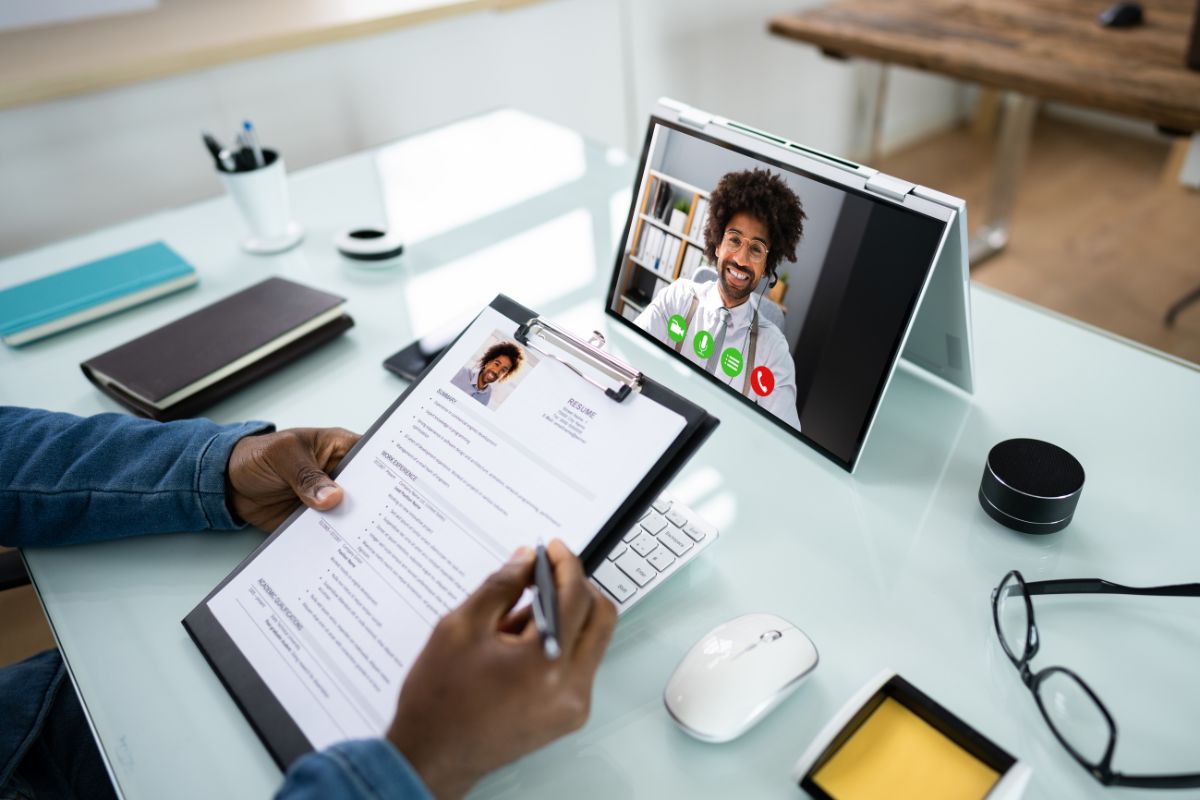In our next episode of RYTHM Connect on September 1, RYTHM Chairperson Datin Sri Umayal will host a Facebook LIVE discussion with Ernest Appiah of Ghana’s ANOPA Project on how to encourage the education of children with disabilities through sports. For more information and to join the event, scroll to the bottom of the page.
Did you know that one billion people, or 15% of the world’s population (The World Bank), experience some form of disability? Or that the prevalence of special needs is higher for developing countries?
UNICEF estimates that children with disabilities number almost 240 million worldwide. Yet, sadly, they are among the most excluded groups and tend to face daily discrimination.
Education access remains a significant predicament – children with disabilities are still falling behind. For example, those with difficulty communicating and caring for themselves are most likely not receiving an education. Out-of-school rates are also higher among children with multiple disabilities.
Empowering these children is more imperative than a simple need. They need constant reminders that they are capable of more and that their disabilities should not deter appreciation for them. Here are a few simple ways you can empower them:

Learn about and understand them. Whether it is a hearing or language impairment, intellectual disability, or other disorders, children with disabilities constantly battle to prove themselves in a society that can be discouraging. They do not want their conditions considered “special”, so avoid pandering to or treating them differently from anyone else.
Be your usual, courteous self. A person with a disability, including children, should be treated with respect and defined by who they are. Thus, you do not need to change your behaviour when interacting with such an individual. Instead, speak at your usual pace, volume and tone, and use person-first language. Relax and be your considerate self.
Believe in and treat them as individuals. A confident child of any ability will always be a product of believing in what they can do. A differently-abled child is capable of amazing things if people around them are supportive and encouraging. They may struggle in some aspects, but it does not mean they cannot excel in other areas. Each child is motivated by specific things and has different needs and ways they learn and express themselves.
Include them in decisions. Although they may have specific drawbacks, differently-abled children can still be part of decision-making. So, ask for their opinion when you can. Let them know you consider them an integral part of your family or circle. Keep them in the loop of what is happening, especially if it concerns their condition and development.
Give them the power of choice. Encouraging disabled children to decide what they want to do with their lives is an excellent way to empower them. It makes them feel they have complete control of their lives. Moreover, it is inspiring to have the assurance that they can participate in any decision-making involving their welfare and future.
Find out their learning styles. From an educational standpoint, how others learn and understand things wouldn’t always apply to a child with a disability. So, assessing their learning styles and capabilities is essential. First, observe and monitor how the child performs in action to better determine their best learning style. Then, ask for their thoughts and input to make them feel they are not alone in their journey.
Celebrate their achievements, however small. Milestones are entirely different for a child with a disability. The littlest of things could already mean the most significant accomplishments for them. Please encourage them to always do better by celebrating the little things they do and accomplish.

Enabling Differently-abled Children Through Sports
Children with visual and hearing impairments suffer disproportionately in the education system. Learning is a sensory process where the capacity to see and hear to understand is necessary. However, for children with disabilities, this is often challenging in traditional school settings.
We find out how sports are a tool for education for differently-abled children in our next RYTHM Connect episode in September.
RYTHM Foundation’s Chairperson, Datin Sri Umayal Eswaran, speaks to Ernest Appiah of ANOPA Project, our partner in Cape Coast, Ghana, to discuss why it is crucial to find the right sport for each child’s abilities.
ANOPA works to increase school retention rates among children with disabilities by using sports as a tool for learning and development. In addition to helping children with disabilities learn essential social and soft skills, the organisation carries out disability and inclusion awareness workshops to change social perceptions of people with disabilities.
RYTHM Connect is a series of informative conversations hosted by Datin Sri Umayal with industry experts, partners and social activists. The topics they tackle are often tough but essential discussions about how to build a better world and make a difference in the little things we do.
Join us LIVE at 6 PM HKST (GMT +8) on September 1. Set your reminder by indicating your RSVP here: https://fb.me/e/2KpIb27yX





